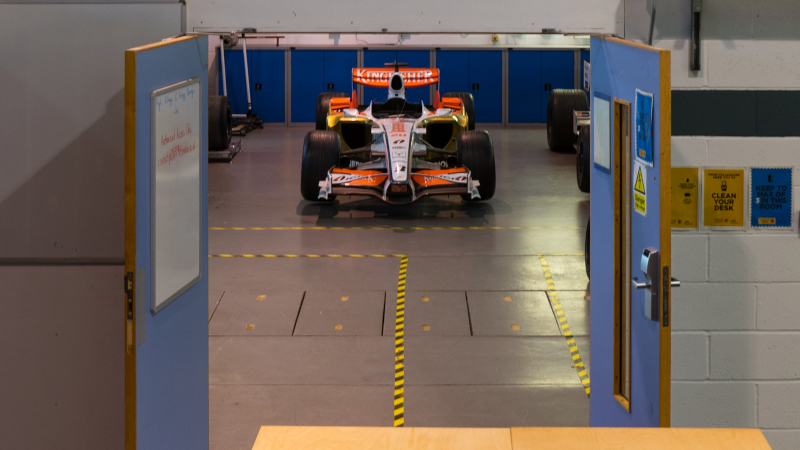The Motorsport Battery Research Symposium is aimed at better sharing the use of our battery testing data, and for battery research communities and Formula Student teams to share good practice.

The shift to Battery Electric Vehicles (BEVs) for light duty road transport is one of the major pathways to achieving decarbonization of energy sources, as part of the UK government’s commitment to achieving net zero greenhouse gas emissions by 2050. Alongside reduced tailpipe emissions, BEVs offer very high performance and acceleration, an exciting combination which is being exploited in motorsport events such as Formula-E.
As part of these developments and building on our well-established track record in the field of Motorsport Engineering education, we have established an exciting battery testing laboratory at our campus in Oxford. This has also helped our Formula Student Team, Oxford Brookes Racing, to transition to EV powertrain, including the design, build and test of novel, high density batteries optimised for motorsport applications, which have been used for the last three competitions.
A major challenge for motorsport applications is achieving high discharge rates and associated cooling, and more generally for all future BEVs, is energy density and power delivery, and hence the selection of cells and management of battery systems.
In 2021, our High Voltage and Energy Storage Group set up the Battery Testing Consortium, aimed at providing test data of cells to Formula Student Teams worldwide, to help in the transition to electric powertrains, and the modelling of pack performance.




